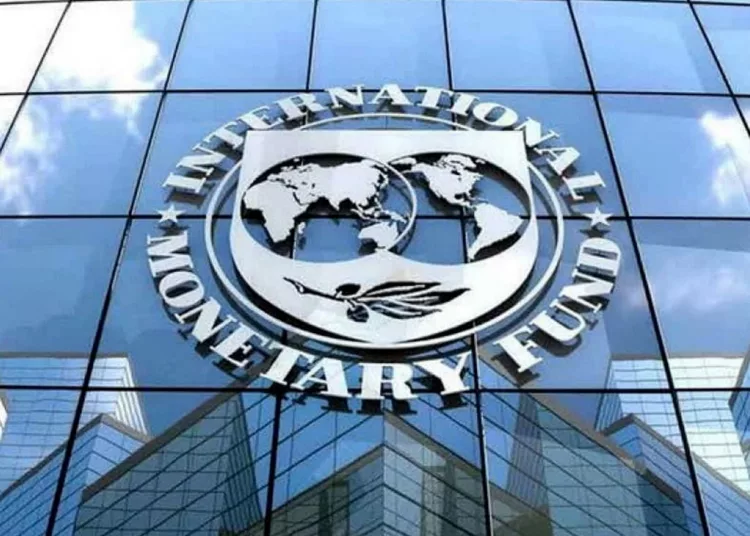Nigeria’s economy is expected to rise to at least $1.852 trillion in Purchasing Power Parity terms by 2029, data from the International Monetary Fund has shown.
The Washington-based Fund’s prediction suggests a significant growth trajectory for the country’s economy over the next five years.
Nigeria’s Gross Domestic Product in PPP terms has been on the increase, projected to rise from $1.36 trillion in 2023 to $1.852 trillion in 2029.
The data shows a consistent growth trend, with a notable increase of 5.5 per cent expected in 2029.
IMF also forecast Nigeria’s share of global GDP based on PPP to reach 0.78 per cent by 2029, indicating a slight increase from 0.77 per cent in 2023.
The steady growth in Nigeria’s PPP brings a glimmer of hope that the country’s economic trajectory is on the path of growth.
Nigeria, the fourth largest economy in Africa, has faced significant challenges in recent years, including a recession in 2020 caused by the COVID-19 pandemic and a decline in oil prices.
However, the data suggests that Nigeria’s economy is gradually expanding, though slowly, and is expected to continue this trend over the next five years.
The country’s share of global GDP has remained relatively stable, fluctuating between 0.775 per cent and 0.778 per cent from 2024 to 2028.
GDP is the most commonly used single measure of a country’s overall economic activity.
PPP is a theory in economics that suggests that in the long run, exchange rates between two currencies should adjust to equalise the prices of a basket of goods and services in each country.
In other words, it implies that a unit of currency should have the same purchasing power across different countries.
The trend of Nigeria’s GDP in PPP terms over the past few years indicates a steady recovery and growth.
In 2024, the country’s GDP in PPP terms stood at $1.44 trillion, increasing to $1.51 trillion in 2025, and $1.587 trillion in 2026. The growth continued in 2027, with a GDP (PPP) of $1.67 trillion, and $1.759 trillion in 2028.
With this trend, Nigeria could regain its position as Africa’s largest economy, overtaking South Africa.
Bismarck Rewane, the chief executive officer of Financial Derivatives Company has projected that Nigeria could regain its top place as Africa’s biggest economy by 2028 if it follows its reforms rightly.





